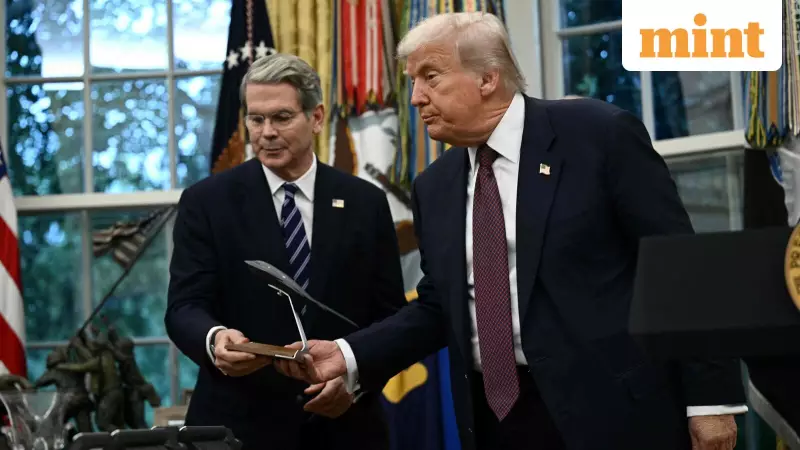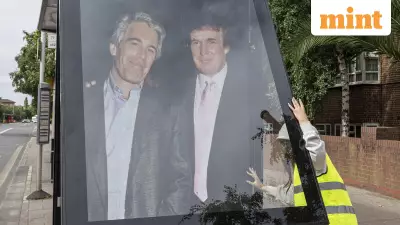
US Treasury Secretary Scott Bessent has clarified that President Donald Trump's ambitious proposal to provide $2,000 payments to American citizens would require formal approval from Congress before implementation. The announcement came during a television appearance where Bessent addressed the feasibility of the much-discussed economic relief plan.
Congressional Approval Required for Payment Distribution
During an interview with Fox News' Sunday Morning Futures, Bessent emphasized the legislative requirements for Trump's proposal. "We need legislation for that," the Treasury Secretary stated when questioned about the potential $2,000 payments to citizens. His comments followed President Trump's recent announcements suggesting that tariff revenues could fund direct payments to Americans.
Trump had previously indicated that the substantial funds collected from tariffs imposed on various countries could be utilized to provide financial relief to citizens. The President specifically mentioned that these payments would target "everybody but the rich," excluding high-income families from the proposed dividend program.
Financial Implications and Cost Concerns
The scale of the proposed payments raises significant financial considerations. Bessent acknowledged that providing $2,000 to each low and middle-income American citizen represents "a lot of money," despite the substantial tariff collections. According to recent data, the United States collected approximately $195 billion in net tariff revenue during the fiscal year ending in September.
Financial analysts have expressed concerns about the proposal's feasibility. The Committee for a Responsible Federal Budget estimated the plan could cost approximately $600 billion if structured similarly to pandemic-era stimulus payments. This projection far exceeds the anticipated $300 billion in tariff revenue for calendar year 2025, suggesting potential funding challenges.
Broader Economic Context and Timeline
Beyond the direct payment proposal, Bessent indicated that Americans should expect broader economic improvements in the coming year. He referenced tax cuts implemented through Trump's signature policy legislation and predicted "the inflation curve bend down and the real income curve substantially accelerate" during the first two quarters of the upcoming year.
President Trump has consistently connected the tariff revenue to both the proposed citizen payments and national debt reduction. In social media posts and public statements, he has emphasized that tariff income would help pay down the country's "ENORMOUS DEBT, $37 Trillion" while funding the citizen dividends.
The Treasury Secretary's comments highlight the procedural and financial hurdles facing the proposed $2,000 payments. While the administration appears committed to using tariff revenues for economic relief, the plan's implementation remains contingent on congressional cooperation and financial viability assessments.





